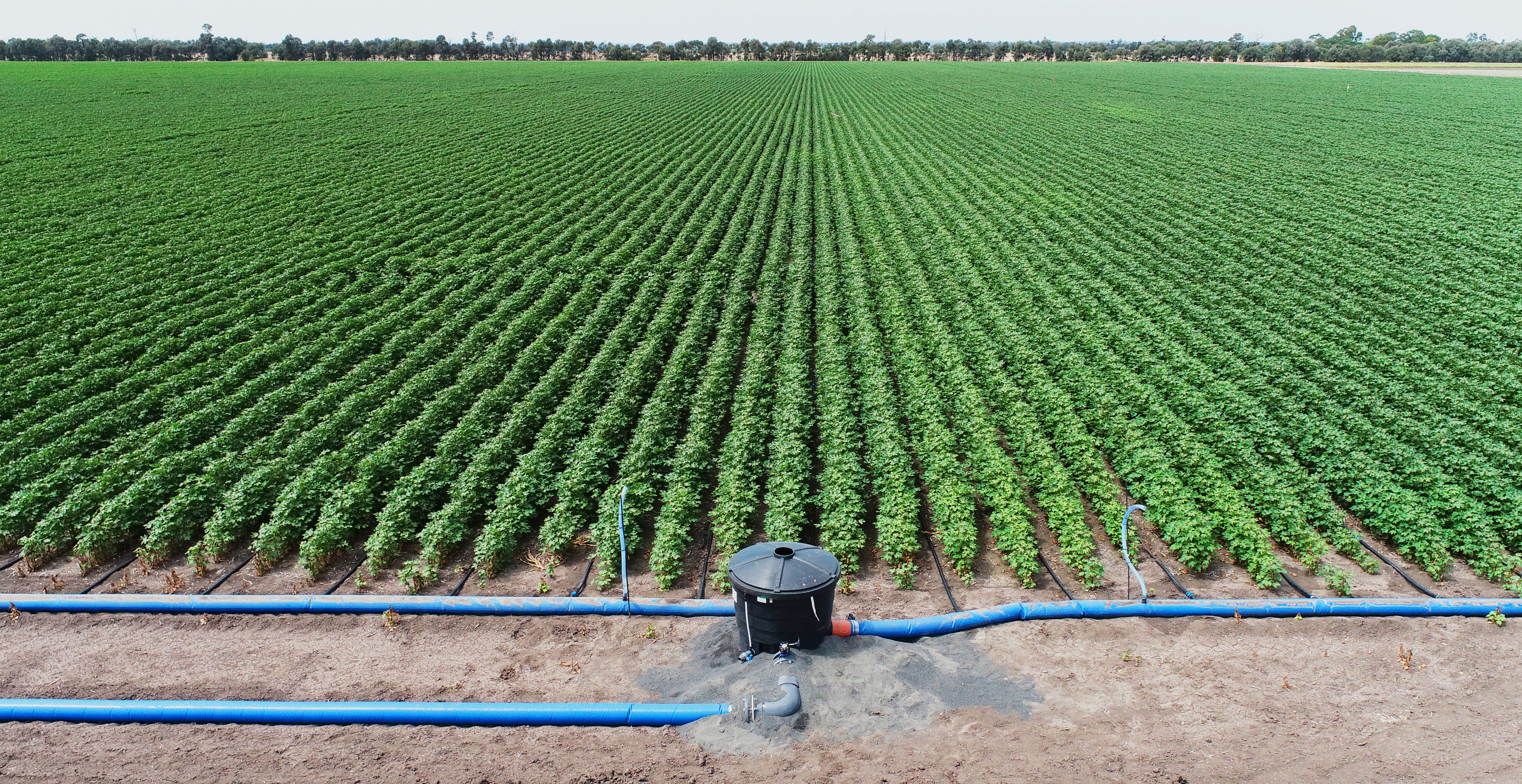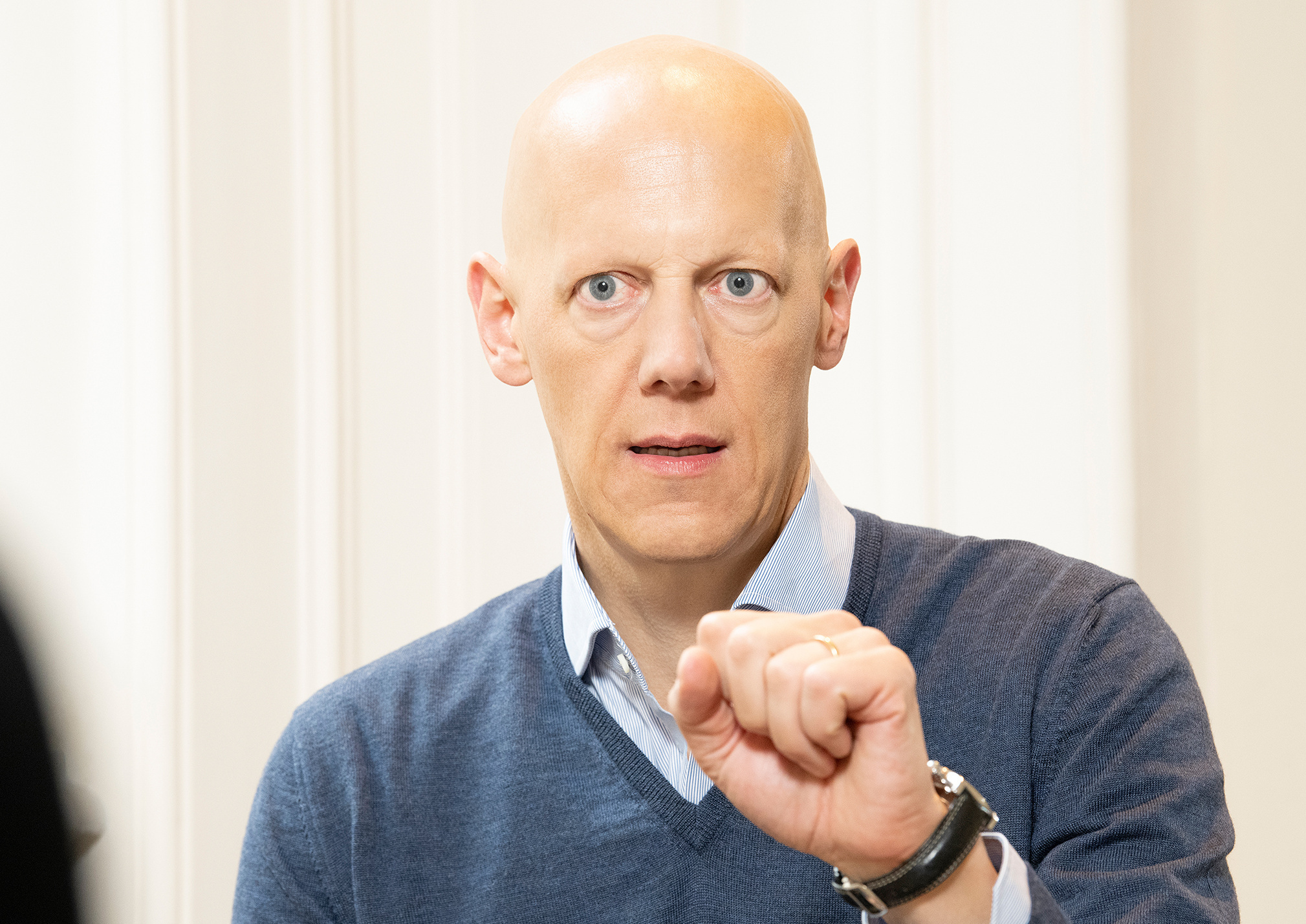Three years ago, the strategic development of the Liechtenstein Group's four business segments and the Group's adopted growth path were two of the reasons for reorganizing the Group. How satisfied are you with progress to date?
JOHANNES MERAN: The group has evolved very positively in a short time. We can now show some good examples of how our companies are making better use of their strategic options – acquisitions, new products and technologies – and developing them further. One example of this is the LIECO Group which, through the acquisition of FMM, has expanded its services to include a digital forest management solution.
Our new investments and the further strategic development of our companies often go hand in hand, enabling exciting synergies between businesses. One example of this is our rice-seed company RiceTec. Our investments in N-Drip (irrigation solutions), as well as in Green Universe Agrogroup (organic additions) have opened up new possibilities in rice-growing. Thus, we are aiming to create a "system" around the core product of rice seeds that will strengthen the core product and at the same time, through access to our existing RiceTec customers, open up growth opportunities for the new companies. This form of "systemic investing" creates added value for both our new and existing portfolio companies.
The Israeli company N-Drip has developed a revolutionary and cost-effective drip irrigation system that operates solely on gravity. In the face of climate change and diminishing water resources, N-Drip's technology promises significant savings in water, fertilizer, and emissions, particularly for fields that have traditionally been flooded for irrigation purposes (as in rice cultivation).
How has the Liechtenstein Group's investment strategy evolved?
JOHANNES MERAN: With every investment we make, or indeed every investment we decide not to make, our investment strategy becomes more finely tuned. For every investment we ask ourselves how we can add value for the target company above and beyond the provision of capital? We therefore focus on our four core sectors and those areas of the value chains in which we have the greatest expertise: In agriculture, for example, this revolves around farming technologies, inputs, farming services, etc. 
With future investments, what do you intend to focus on, and why?
JOHANNES MERAN: We further aim to invest in selected sectors and sub-sectors where we can build strong companies that we will either retain or sell when the time is right.
If possible, we would like to create and utilize synergies between companies. For this reason, in all our sectors, we will continue to focus on real assets, such as agricultural land and real estate, as well as related technologies and services.
We are also developing platforms, meaning that we are launching partnerships through which, following our initial investment, and backed by experienced management teams, we can make further follow-up investments. Strong partnerships help us scale investments more easily. And scalability is a very important aspect of our work if we want to be able to manage our portfolio effectively and actively develop the companies in which we invest – this takes time and effort. Therefore each investment needs to reach a critical size, and small-scale investments are not the right way forward.
For each of our portfolio companies, we develop an investment strategy. How much have we invested? Does it make sense to continue investing in the company? How long do we want to keep the investment? Does the investment make long-term strategic sense for us? As investors, we have to answer these questions to take the best decisions for our investment portfolio.
My feeling is that in this regard, over time, our investment focus has changed somewhat.


